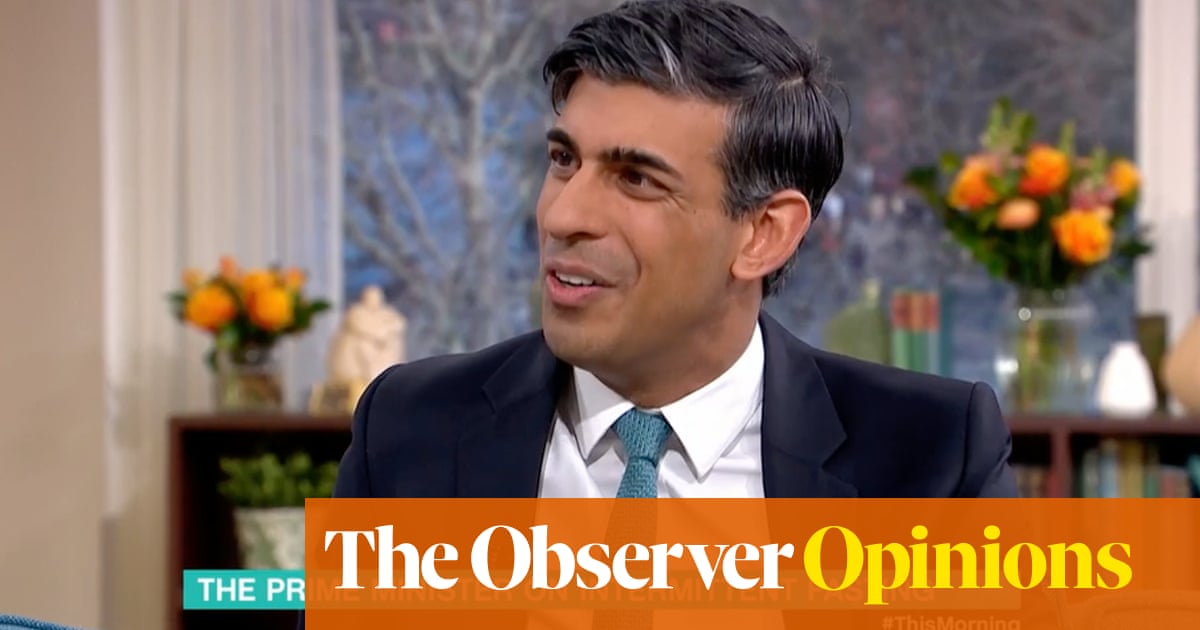
Summertime, and the reading is easy. Or at least, it’s supposed to be. Holidays were made for sinking blissfully into a pile of books: for long, hot afternoons swinging in hammocks or basting on the sand, gleefully inhaling trashy beach reads or the Booker prize longlist. Finally, we have time to read, plus the urgent need to justify what is essentially two weeks of lying down by looking at least vaguely busy.
Yet, by the pool this year, I saw a striking number of people scrolling on their phones instead, some with an unopened paperback lying forlornly by the sun lounger. Not for nothing, an author friend pointed out to me recently, did Instagram Stories get its name. Reels contain just enough of a miniature plot to satisfy the human need for narrative twists, even if they are only a few seconds long, while the most successful influencers have essentially turned themselves into fictionalised characters in their own long-running minor drama. But grazing on these bite-size stories is the literary equivalent of snacking on junk: just filling enough to put you off a proper novel-length meal, but somehow never quite satisfying, and leaving the addicted reader irritably craving more.
More than a third of British adults have given up on reading purely for pleasure, according to research by the Reading Agency last month, while the number who never got into it in the first place has doubled since 2015. Even the Gen Z readers publicly flexing about how many titles they’ve read on BookTok – an enthusiastic literary TikTok community whose recommendations are increasingly driving book sales – look more like an exception than the rule. In reality, a whopping 44% of 16- to 24-year-olds say they rarely or never read for pleasure.
And while books have seemingly never been more popular as props – think of the well curated shelf artfully positioned in full view of the Zoom call, or the Daunt Books cloth tote bag carried casually as arm candy – it turns out there’s a difference between liking the idea of yourself as a reader and actually doing the reading. Three in 10 adults confessed to the Reading Agency they found it hard to finish a book or to focus on one for more than a few minutes, suggesting some of us are losing the stamina for longer texts.
“Is that all one newspaper?” squealed the horrified young airport shop assistant from whom I bought a fat print copy of the New York Times for the long flight home. “It just seems … too much.” One recent X thread by an American academic about whether it was reasonable to expect students taking a literature class to read a book a week unlocked an impassioned debate, with fellow lecturers confessing they had resorted to setting novellas or short extracts because of the pushback among college kids against being forced to read.
But most alarmingly of all, research from the National Literacy Trust suggests the next generation of readers is already switching off: only two in five children aged eight to 18 said they liked reading a book in their spare time, the lowest number since the trust started asking the question in 2005. Boys and children on free school meals were the least enthusiastic readers but the habit was declining fastest among girls, traditionally more engaged.
It’s not that storytelling is dead to children, but that increasingly they seem to be scratching the itch elsewhere: in video games allowing them to be the character in their own story, or on their phones. If this trend continues, reading actual books may end up becoming less of an everyman hobby – something anyone with a library card can do for free – and more of an exotic or elite one, more like chess or collecting old vinyl.
Does it matter? For children, the answer is unequivocal and urgent: of course it does. Being read to, snuggled comfortingly on a trusted adult’s lap, is both a nourishing bonding exercise in itself and a critical means for small children of acquiring speech and language, with lifelong benefits and a particularly powerful protective effect on the most disadvantaged.
The impact of reading for pleasure on progress in vocabulary, spelling and even maths at age 16 is four times more powerful than the impact of parental education or socioeconomic status, according to an analysis by the charity BookTrust, while five-year-olds growing up in poverty are less likely to be poor themselves as adults if they are read to. Other studies show child readers are more secure, and have better self-esteem and mental health. Targeted interventions aimed at getting children to read and their parents to read to them are one of the single most powerful levers that a new government worried about social mobility, educational outcomes and child mental health could ever pull, as the National Literacy Trust’s current Early Words Matter campaign makes clear.
But for adults increasingly mortified by the stack of half-finished books on the bedside table – and yes, all right, I do mean me – the answer is less obvious, though there is increasing evidence that reading may have a protective effect against dementia. Maybe we just need another holiday to think it over. Only this time leaving phones at home.
Gaby Hinsliff is a Guardian columnist












